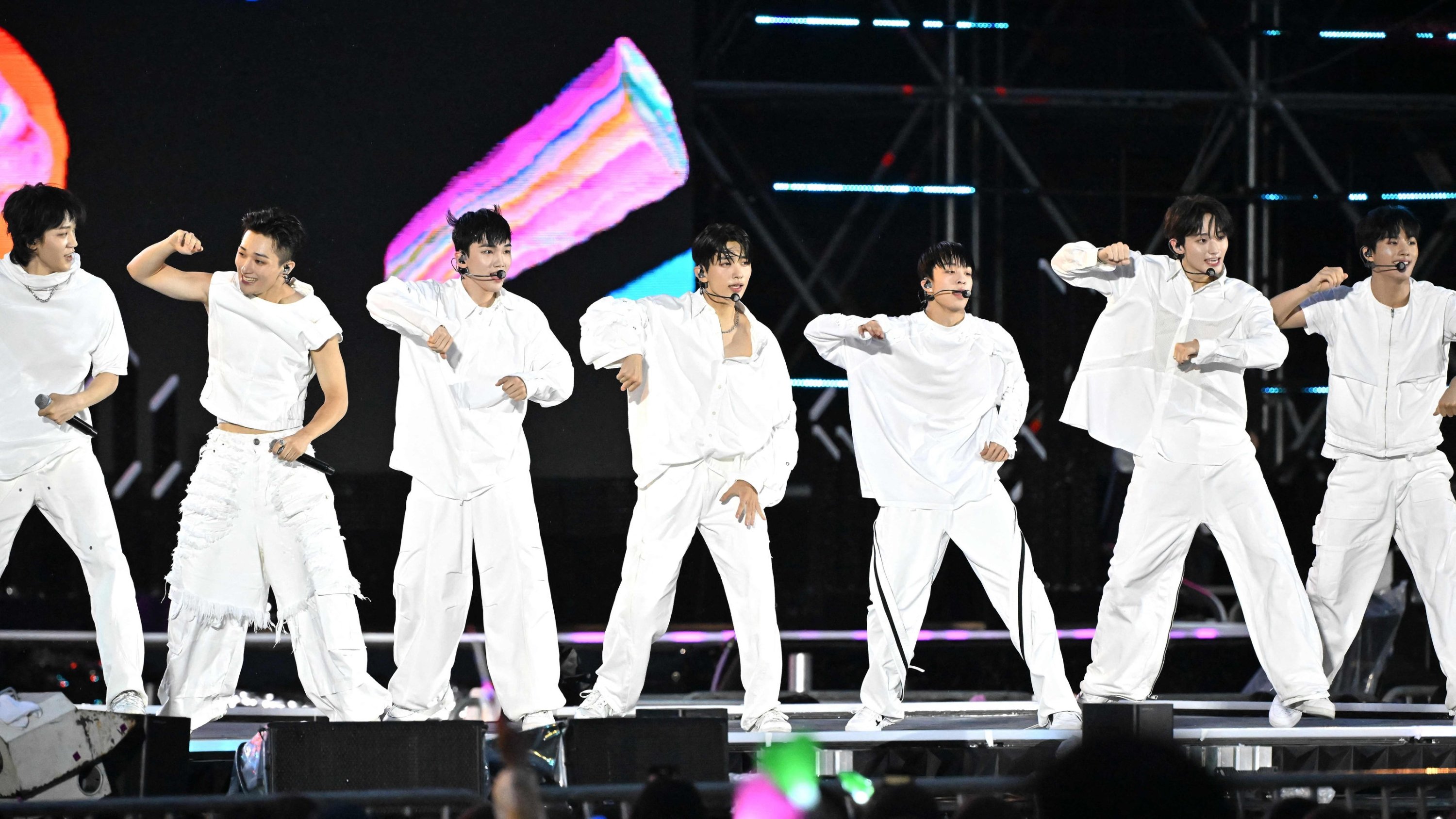The education sector in the Gulf is undergoing
a significant transformation, with hybrid learning becoming a lasting
model post-pandemic. Blending online flexibility with in-person structure,
hybrid education caters to a tech-savvy generation, busy families, and
institutions seeking resilience against future disruptions.
In the UAE, KSA, and Qatar, schools and ministries have invested heavily in edtech infrastructure. Institutions now offer blended formats with smart classrooms, virtual labs, and digital assessments...
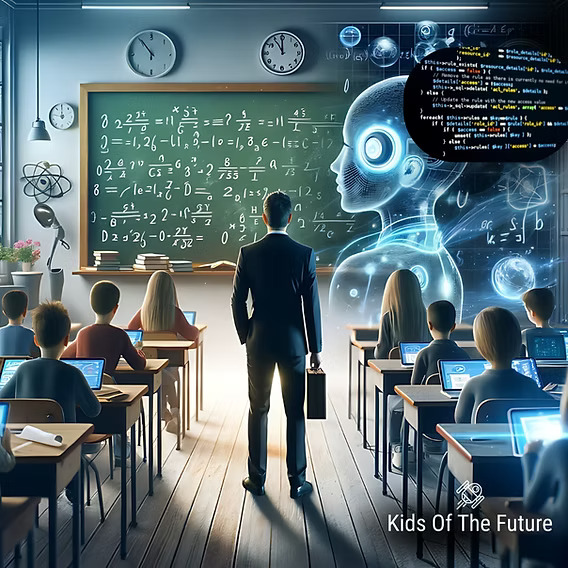
In a groundbreaking initiative, the UAE
Ministry of Education has announced the rollout of Artificial
Intelligence (AI) as a compulsory subject from Grade 1 to Grade 12 starting
September 2025. This makes the UAE the first country in the Gulf to embed AI
literacy across all educational levels.
The curriculum will... Read More
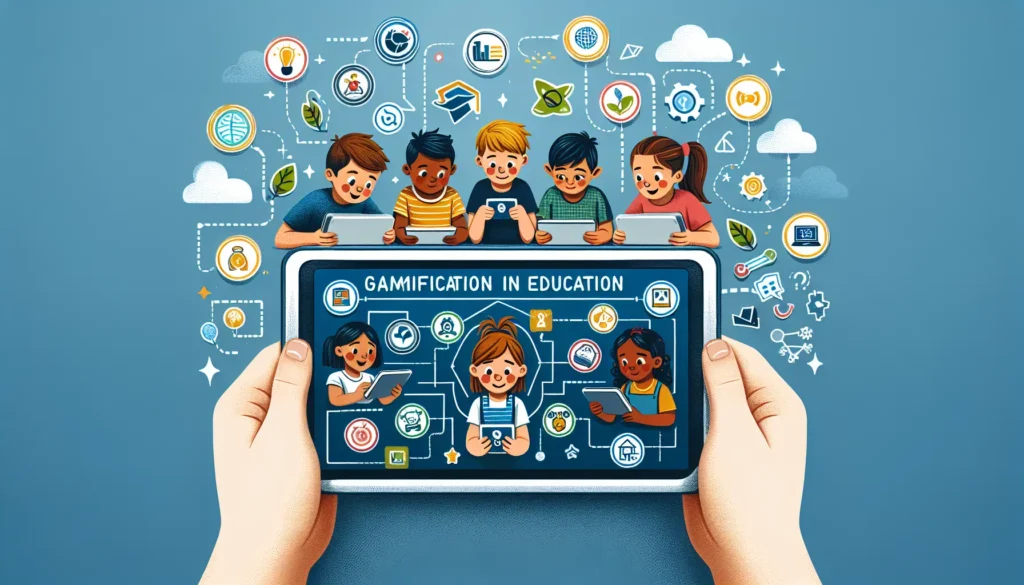
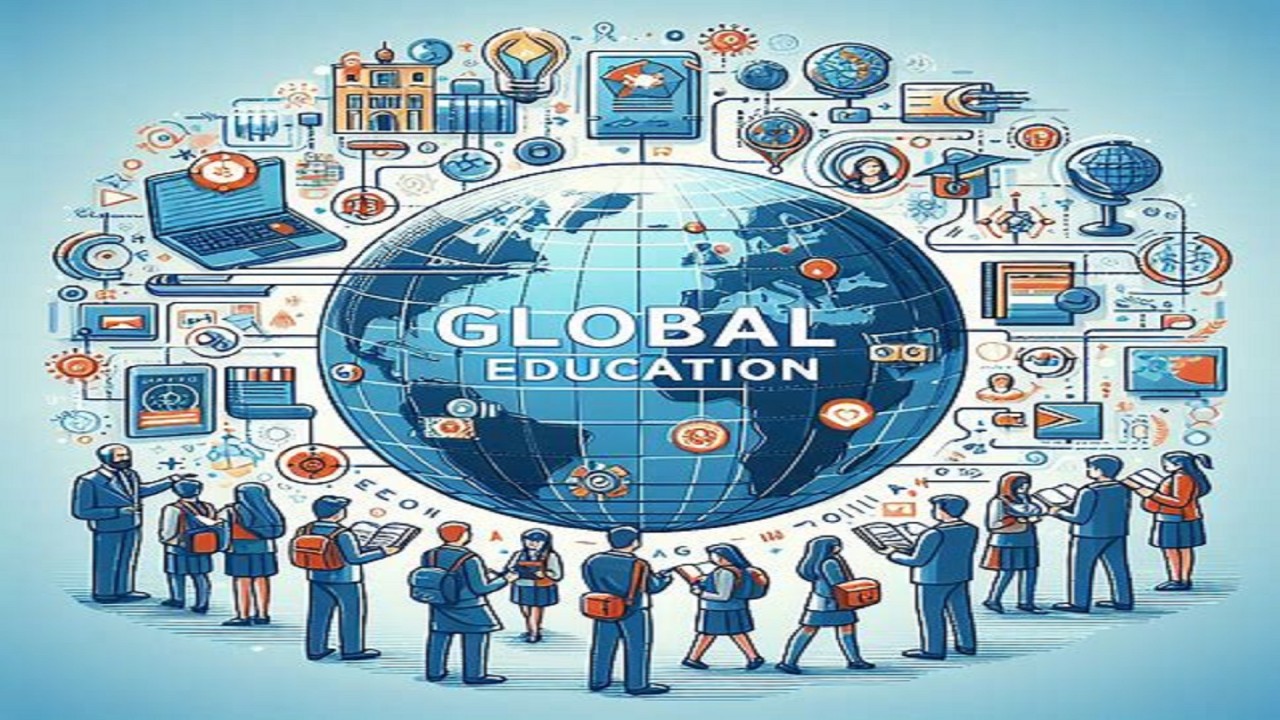
While academic excellence remains a priority
across Gulf nations, there is growing recognition that students also need global
competencies to thrive in international higher education and careers. These
include communication, collaboration, adaptability, and intercultural
understanding.
Many students in UAE, KSA, and Qatar attend British, American, IB, or MoE schools, but still struggle...
AI tutors are no longer science fiction. In
the last 12 months, major edtech platforms have started integrating AI
teaching assistants that can explain concepts, generate quizzes, track
progress, and even adjust lesson plans in real-time. These bots don’t replace
human teachers — they augment them.
For example, thetuitione.com can use AI-driven...
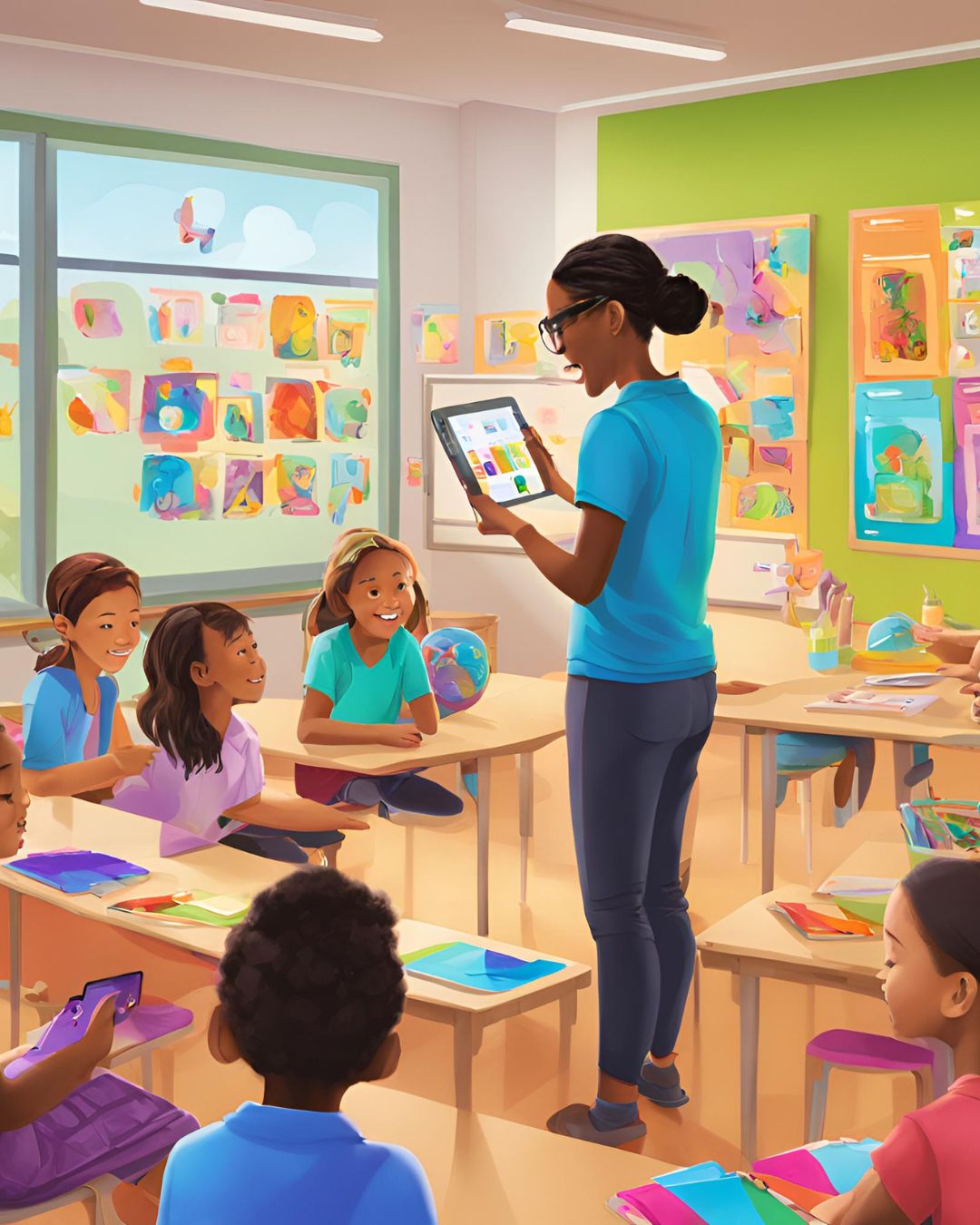

Tech Titan: South Korea has the fastest average internet speed globally and is a pioneer in 5G technology deployment.
BTS & Hallyu Wave: Korean pop culture, led by K-pop and K-dramas, is used as a cultural education tool even in Korean language classes globally.
